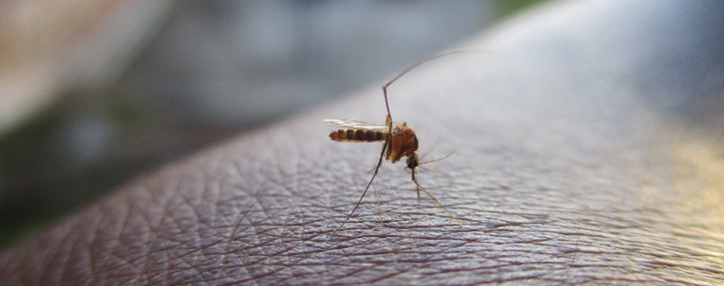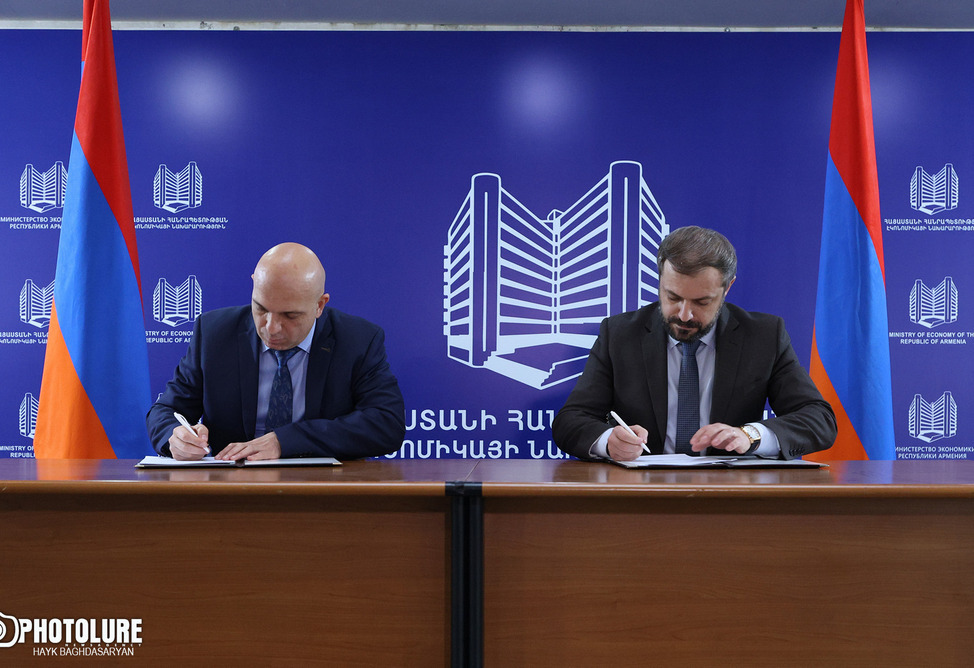Armenia reports 58 cases of West Nile fever

YEREVAN, August 21. /ARKA/. Armenia has reported 58 cases of West Nile fever, marking the first time the virus has been diagnosed in the country, according to Stepan Atoyan, Director of the National Center for Disease Control and Prevention under the Ministry of Health.
During a press conference on Wednesday, Atoyan stated that 41 patients are currently hospitalized; four of them are in serious condition. However, no patients are in critical condition.
The virus was first detected in July in the Aragatsotn Province, with mosquitoes identified as the primary carriers. Atoyan explained that the first positive sample was collected on August 7, and after verification tests were conducted, the presence of the virus was confirmed on August 10. Currently, the carrier has only been found in Aragatsotn, but other regions such as Ararat and Armavir are also considered potential areas where carriers may be present.
West Nile Fever is an acute viral illness transmitted by mosquitoes of the Culex genus. Most cases are reported between July and September, aligning with peak mosquito activity.
The disease is not transmitted from person to person but can be spread through blood transfusions, organ transplants, and from mother to child.
The incubation period for the disease is 2-3 weeks. Clinical symptoms develop in 1 out of 5 infected individuals, including chills, fever ranging from 38-40°C, headaches, muscle and joint pain, vomiting, diarrhea, and body rash. Approximately 1% of those infected may develop central nervous system involvement, such as encephalitis or meningitis, characterized by severe, throbbing headaches, fever over 40°C, uncontrollable vomiting, photophobia, seizures, and varying degrees of consciousness impairment.
Those at higher risk include the elderly, individuals with cardiovascular diseases, cancer patients, diabetics, and those with chronic kidney issues.
Preventive measures include using mosquito repellents, wearing clothing that covers most of the body, and sleeping in mosquito-protected areas.



